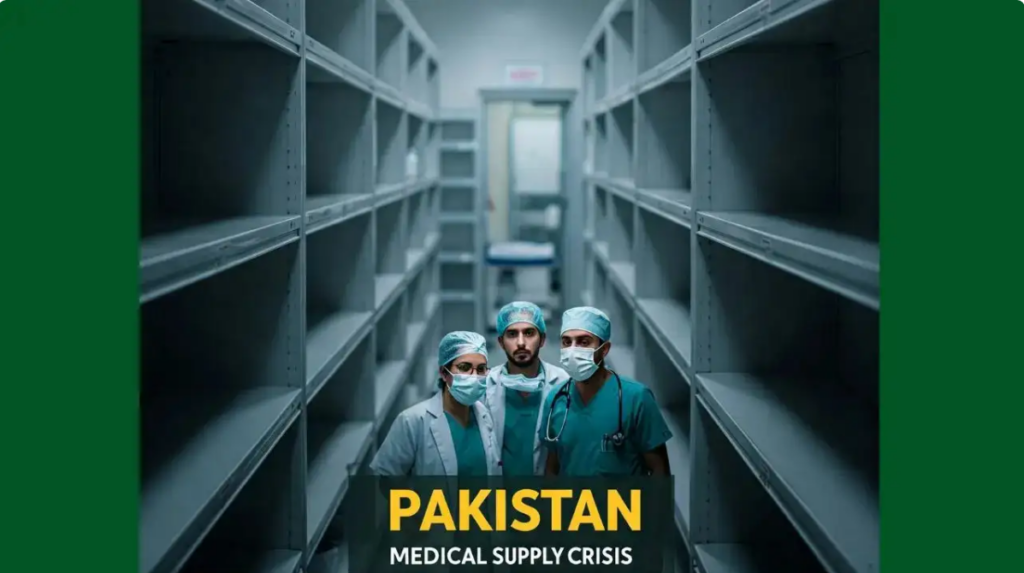
Following the Pahalgam attack that resulted in 26 fatalities, primarily among tourists, India has enacted punitive actions against Pakistan, notably a suspension of bilateral trade. This has severely impacted Pakistan’s pharmaceutical sector, which relies heavily on Indian imports for essential materials.
In the wake of the Pahalgam terror attack in Jammu and Kashmir that killed 26 people, mostly tourists, India has taken a series of punitive measures against Pakistan, and Islamabad is already feeling the heat. Among the most damaging is the suspension of bilateral trade, which has forced the authorities to initiate “emergency preparedness” measures in Pakistan.
According to a report by the Global Trade Research Initiative (GTRI), Pakistan is expected to continue sourcing Indian goods indirectly through third-party countries, albeit at higher costs.
“In short, border closures halt formal trade—but not demand. Pakistan will continue sourcing Indian goods, just at a higher cost and through third countries,”GTRI observed.
India, which supplied a wide range of goods including medicines, APIs (Active Pharmaceutical Ingredients), vaccines, fertilisers, and raw materials, played a critical role in Pakistan’s pharmaceutical supply chain. With 30%–40% of pharmaceutical raw materials imported from India, the sudden halt has jolted health authorities into action.
Also Read: India-Pakistan Trade Ceases Officially Amid Pahalgam Attack, Islamabad To Buy Second-Hand Indian Goods At Higher Price
Geo News reported that the trade halt triggered “urgent measures to secure” Pakistan’s pharmaceutical needs. Officials confirmed the implementation of “emergency preparedness” plans to avoid a health crisis. “Following the 2019 crisis, we had started preparing for such contingencies. We are now actively looking at alternative avenues to meet our pharmaceutical needs,” a senior official from the Drug Regulatory Authority of Pakistan (DRAP) was quoted as saying.
The impact is so severe that a delegation from the Pakistan Pharmaceutical Manufacturers Association (PPMA) travelled to Islamabad on Thursday, urging the government to exempt health-related goods from the trade ban. “We urged them to exempt the pharmaceutical sector from the ban, as there are many life-saving products whose raw materials come exclusively from India,” said PPMA Chairman Tauqeer-ul-Haq.
While DRAP is seeking alternative suppliers in China, Russia, and Europe, health experts remain concerned. A senior official from Pakistan’s Health Ministry warned: “Pakistan imports some 30%–40% of its pharmaceutical raw material from India. We also import finished products, most importantly, anti-cancer therapies, biological products, vaccines, and sera.”
Complicating the crisis further is a thriving black market, where smuggled drugs of uncertain quality fill the void, often through Afghanistan, Iran, or Dubai.
As tensions rise following India’s decisive measures — including the suspension of the Indus Water Treaty and SAARC Visa Exemption Scheme — experts believe this pharmaceutical crunch could serve as a wake-up call for Pakistan to build domestic resilience in its healthcare sector.






